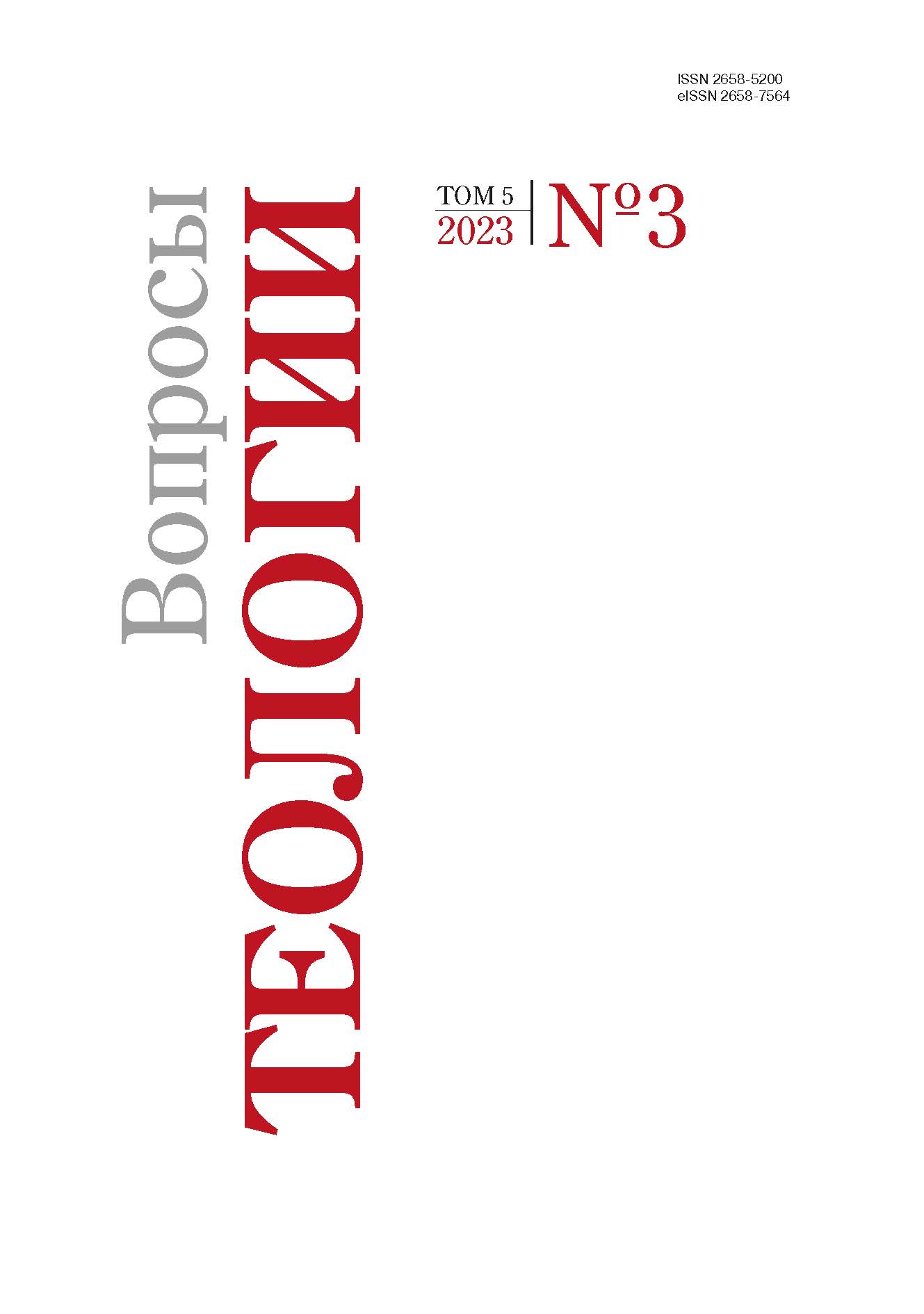Theology and thermodynamics of life and mind in the scientific legacy of Nikolay Ivanovich Kobozev
DOI:
https://doi.org/10.21638/spbu28.2023.302Abstract
Nikolay Ivanovich Kobozev (1903–1974), Professor of Moscow State University, famous Russian physico-chemist, specialist in the field of thermodynamics. In his works devoted to thermodynamics of information and thinking, he emphasized the incompatibility between the entropy law for molecular structures, including molecular machinery of the mind, and the law of identity for thinking. In order to compensate for the molecular entropy, the mind should receive a negative entropy or antientropy, which is defined on the basis of the extended concept of thermodynamic probability. The latter is defined as a number of procedures (algorithms) that can be used to produce a physico-chemical system from its elementary components. For non-algorithmic systems, the entropy is negative. In order to model processing and production of information, N. I. Kobozev postulated the existence in a brain of a strongly degenerate Fermi gas of superlight Ψ-particles (psychons), thus being one of the first scientists who emphasized the importance of quantum processes for the physics of mind. In all its levels, life contains an antientropic component, which distinguishes it from the non-living matter. According to Kobozev, ‘human mind cannot be the result of evolutionary transformation of information function into thinking. The latter must be given to us, and not acquired in the course of evolution’. Since the source of information is the God Himself, the N. I. Kobozev’s works correspond to the theocentric scientific worldview and they can well be considered as theological construction in natural sciences.
Keywords:
Nikolay Ivanovich Kobozev, thermodynamics of thinking, mind, antientropy, quantum physics of brain, thermodynamic probability, symbolic thinking, theology of science
Downloads
References
References
Downloads
Published
Issue
Section
License
Articles of "Issues of Theology" are open access distributed under the terms of the License Agreement with Saint Petersburg State University, which permits to the authors unrestricted distribution and self-archiving free of charge.




